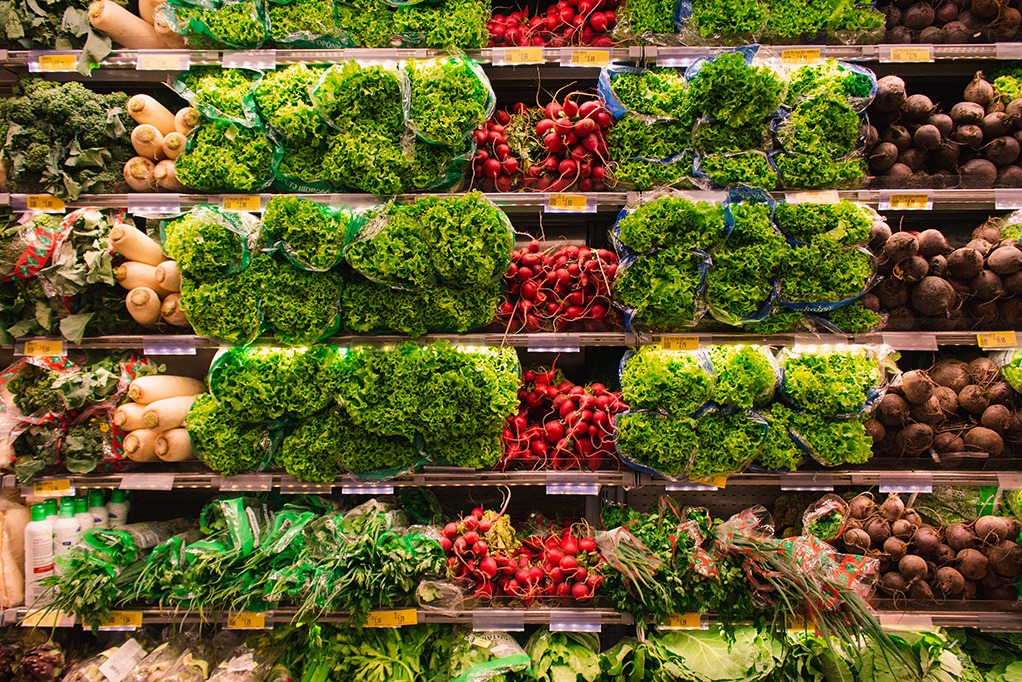Farmers make their case to the ACCC
The National Farmers’ Federation (NFF) has provided its submission to the ACCC Agricultural Goods Inquiry, outlining real life examples of the alarming conduct farmers are all too often subject to at varying points along the food supply chain.
“The unfair and unethical practices that farmers still encounter, despite the development of various codes of conduct within food supply chains, would come as a shock to many Australians,” says NFF President Fiona Simson.
The NFF submission provides anonymised case studies across the poultry and horticulture industries, outlining lived examples of the “egregious” commercial behaviours farmers are confronted with. The anonymity of the case studies was necessary to avoid feared commercial retaliation against farmers who speak out.
“The fact that farmers hold fears of commercial retaliation over airing their concerns publicly suggests how broken some of our food supply chains have become, and how inadequate some of the current competition protections are,” Simson says.
The case studies included in NFF’s submission demonstrate how concentrated supply chain power has corroded the profitability and viability of the farming sector.

Examples include:
• Compelling farmers to invest millions in farm infrastructure on the promise of long-term term contracts that never eventuate
• Vague quality and performance specifications that allow buyers to unilaterally change the price and quantity of agricultural products
• Using quality and performance specification to manipulate market prices
• Stockpiling semi-perishable products and strategically releasing product into market to depress farmgate prices
• Short notice cancellations of consignments and then immediate reordering at lower prices

The NFF is calling for significant reform of competition laws, including increasing the breadth and scope of unconscionable conduct provision, a prescribed set of unfair practices, the broadening of codes of conduct to more agricultural products and regular market monitoring of food supply chains to inform further regulatory interventions.
“Farmers are unique in the sense that they are small players who are absolutely reliant on monopolies and oligopolies for all their inputs and for selling their goods into market,” Simson says. “They deserve regular regulatory oversight when it comes to competition.
Simson says the condensed three-month inquiry schedule had raised significant concerns amongst industry members around the breadth and depth of the ACCC investigation.
“While we have engaged fully in this process, if this inquiry doesn’t uncover issues that require attention, it is likely to be lack of time to thoroughly investigate them rather than the concerns not existing.
“The proof will be in the pudding.”









